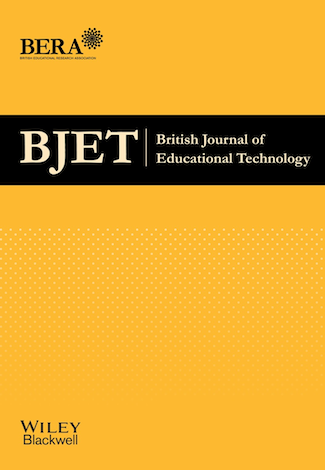
Membership, participation and knowledge building in virtual communities for informal learning
ARTICLE
Bunthida Chunngam, Sumalee Chanchalor, Elizabeth Murphy
British Journal of Educational Technology Volume 45, Number 5, ISSN 0007-1013 e-ISSN 0007-1013 Publisher: Wiley
Abstract
This paper reports on a study involving the design of a virtual community for informal learning about Thai herbs. The community relied on social networking tools and a database of expert knowledge as well as community coordinators. One group of coordinators (Community A) concentrated efforts in recruitment of members on those individuals most likely to be interested in Thai herbs. The second group of coordinators (Community B) recruited from among friends, family and acquaintances. Analysis and t-tests of measurement of membership, participation and knowledge building revealed higher rates for Community A. Results pertaining to the design of the virtual community, which showed that members mostly used the database, provide evidence to support the hypothesis that members' access to expert knowledge positively influences participation and knowledge building in a virtual community for informal learning. Results of the comparison of Community A versus Community B provide evidence to support the hypothesis that interest in the subject of the community positively influences membership, participation and knowledge building in a virtual community for informal learning.
Citation
Chunngam, B., Chanchalor, S. & Murphy, E. (2014). Membership, participation and knowledge building in virtual communities for informal learning. British Journal of Educational Technology, 45(5), 863-879. Wiley. Retrieved August 13, 2024 from https://www.learntechlib.org/p/148582/.
